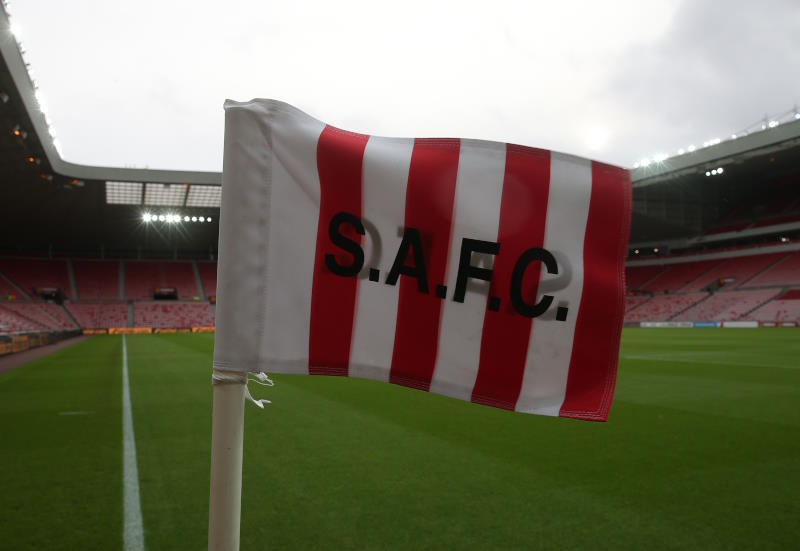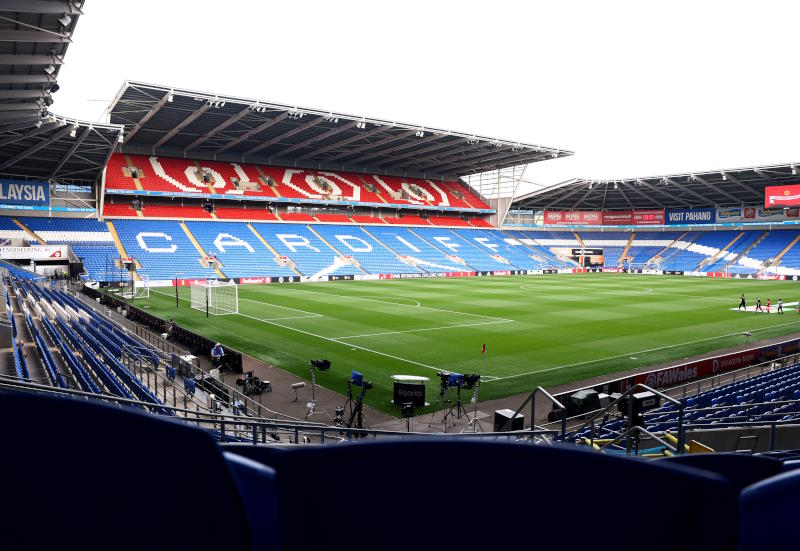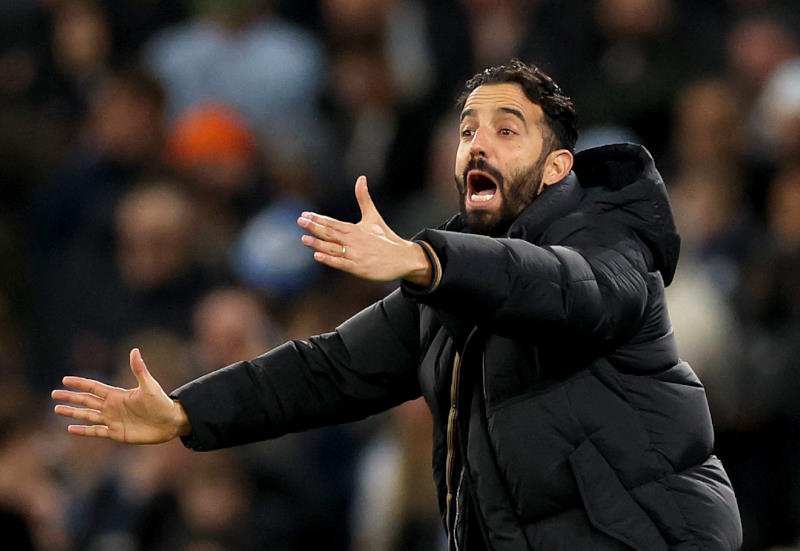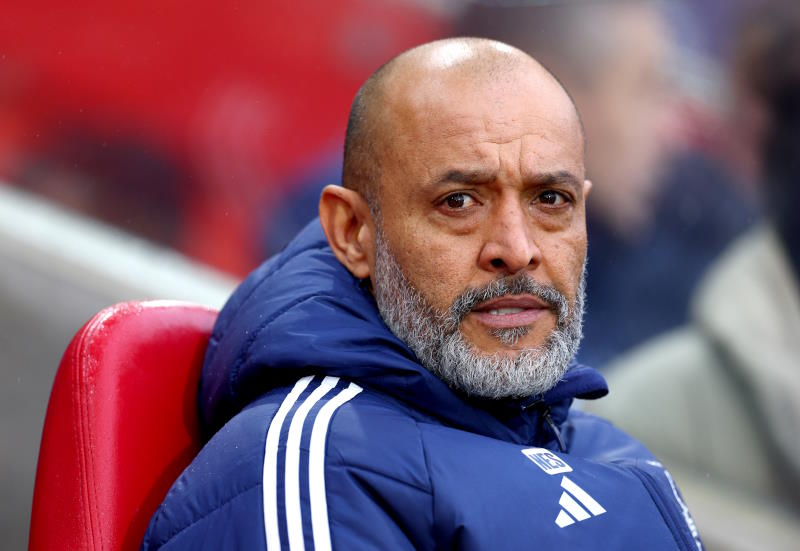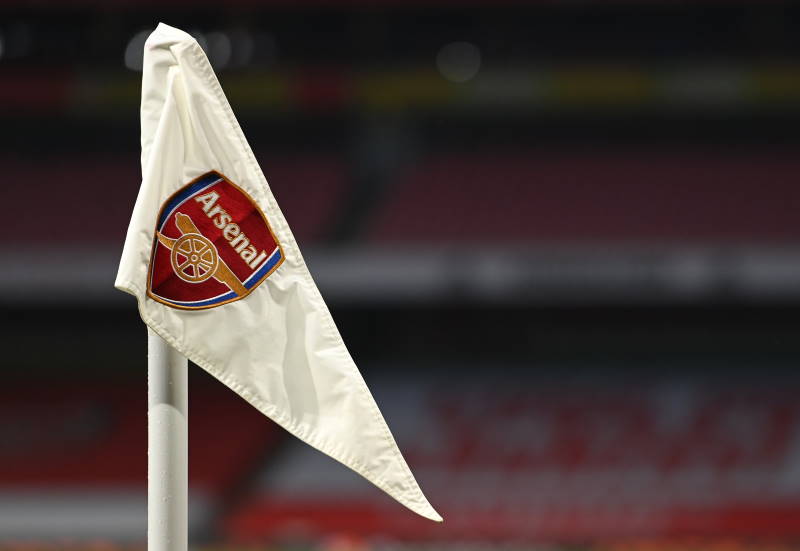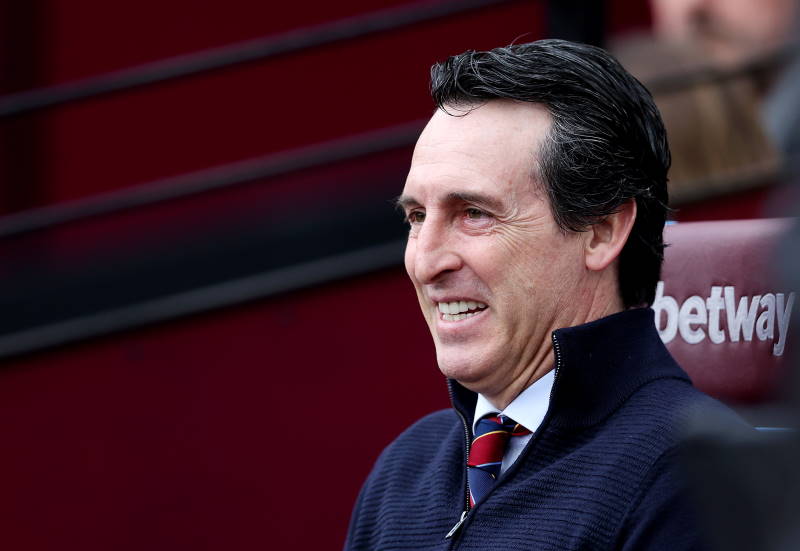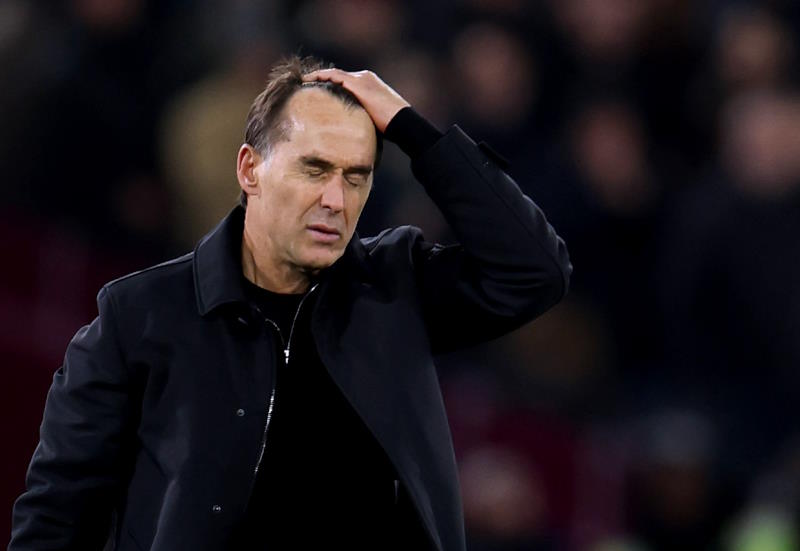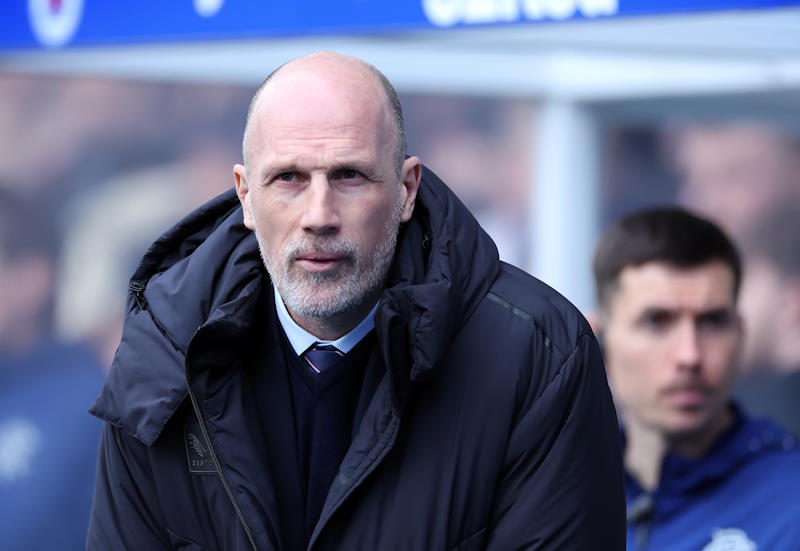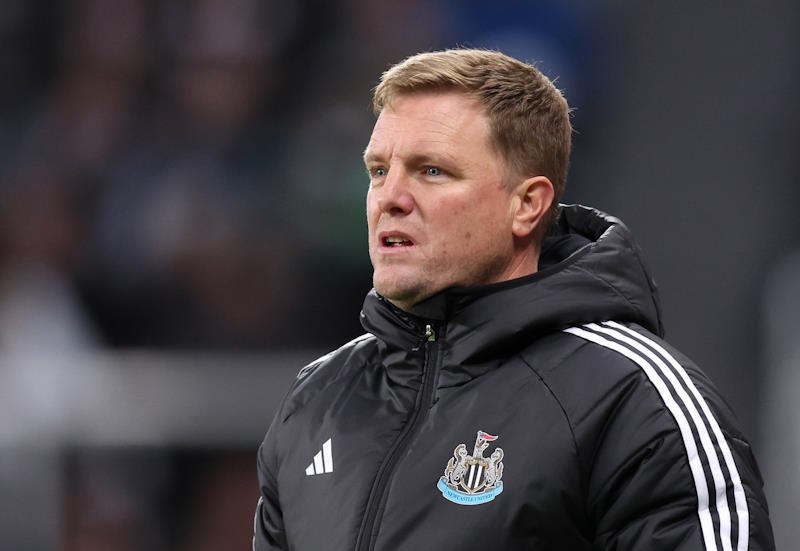
In the day and age of the billionaire owner and short termism, Arsenal are something of an anomaly. A team who are not just profitable, but significantly so. The English Premier League side have profits of £153M over the last five years, and the last time the Gunners recorded a loss was back in 2002. It is a record which stands in stark contrast to their rivals – over the last three years none of the sides competing for the Champions League spots with Arsenal have recorded a penny of profit overall.
This was underlined by the recent financial results posted by the North Londoners. Revenues continue to grow, to £225M, putting Arsenal fifth in Europe, behind the two Spanish giants, Real Madrid and Barcelona, and Manchester United and Bayern Munich. And there are interim profits of a hefty £49.5M to report. However, the bit that will annoy the club’s fans is that the vast majority of Arsenal’s profits in that time have come from player sales from the likes of Cesc Fabregas and Samir Nasri, who departed last summer.
Another key factor is property development from their old Highbury home, from which the club have made significant sums. But profits from this area fell from £22.5M to £3.2M last November; the property business is coming to an end, as the club will hope are the major player sales.
So this is the dilemma Arsene Wenger and Arsenal now face from a financial point of view. How do they take a highly profitable team, and turn it into one which wins trophies, without losing the financial edge they have over many of their rivals?
The key thing for Arsenal is their Champions League participation. It is not just that the Gunners generate significant revenues from television rights and prize money for competing, but a large part of Arsenal’s commercial appeal is their consistent performances in the knockout stages of the tournament.
Though Wenger’s side have never won the competition, for a sponsor looking for a safe bet to be featuring in the Round of 16 and quarter-finals each year, Arsenal are one of the best options going after the Spanish giants. It is fundamental for the London club that they continue that, as it would undoubtedly affect them if that selling point – possibly their biggest – was lost. And this is not to mention that the amount of money Arsenal would lose if they do not make it into the Champions League is about equal to the profits unveiled in the club’s last financial results.
One counter-balancing factor is the value of Arsenal’s current sponsorship deal with Emirates. This sponsorship is below the going rate their rivals are pulling in and Arsenal will be hoping to make significant increases on the value of these deals when the Emirates sponsorship expires in 2014. It is estimated that current £14M deal for kit and stadium sponsorship has a fair market value almost triple that (£40M). The Gunners take in less than Tottenham Hotspur and Juventus from such sponsorships, and that duo have only mustered an appearance each in the Champions League in recent times.
There were sound reasons for the deal with Emirates at the time, as Arsenal needed the guaranteed long term income to help pay off the construction costs of their new stadium. But now that has largely been achieved, moving forward Arsenal are lagging behind their rivals in sponsorship income. But in order to get that large increase in revenue, the Gunners must at the very least sustain their current level of performance – which means Champions League qualification.
It is not the only area that concerns have been expressed about, with slipping behind rivals on the pitch also generating genuine worries. As the Arsenal Supporters’ Trust have noted, the club’s wage spending has been quite inefficient.
“Our wage spend is 40% higher than the payroll at another club in North London and Arsenal are in danger of being overtaken more than temporarily by those who spend their wages more efficiently”, the group said.
The basic concern is that there are a number of players, such as Manuel Almunia, Nicklas Bendtner and Denilson, on loan because Arsenal cannot sell them. And these players cannot be moved on due to their substantial wage packets. Ironically, the only manager with an economics degree in the Premier League is also the only one who has not come to the conclusion that if all players are paid a roughly similar wage, it takes away a crucial motivational incentive to improve. Whereas Tottenham Hotspur pay their players less equitably, and indeed spend less on wages, Arsenal’s supporters groups are looking enviously over at White Hart Lane for economic lessons in this area.
This though, whilst pertinent and a key weakness, says much for the way Arsenal are run – that the biggest complaint their supporters came up with during those dark days at the end of January when it looked as if the side were going to miss out on Champions League football was that the club’s wage structure was inefficiently balanced.
Arsenal are as used to looking at their financial results and feeling a sense of quiet satisfaction as they are to the day in the year when their final hope of a trophy disappear in a blaze of glory. And there is a genuine reason to be optimistic about the club’s finances.
After Manchester United, Arsenal are in the next best position when it comes to the long term. Liverpool, if the Merseyside giants can develop a team to get back into the Champions League, are the only side who look capable of overtaking Arsenal in financial terms in the short to medium term as their fan base is the only one which can match that of Manchester United – and therefore, the Reds are the second biggest ‘brand’ in the Premier League. But this season really is vital. A lack of Champions League football would not raise concerns over Arsenal’s finances, but it would limit the club’s ability to reinvest in the squad; through both a reduction in the transfer budget and becoming less attractive to prospective signings.
This is a team heading for a bright financial future, regardless of results on the pitch, such is the way they are run. But it is perfectly possible to be well run, make profits and not be competitive – Arsenal’s biggest critics would say they have proven that in recent times.
The UEFA Financial Fair Play initiative coming into force will now throw a spanner in the works though. This limits the amount of money a team can lose to £40M over the first two seasons, beginning this year, then £40M over three years. Long term it will lead to teams being unable to make losses over rolling three-year periods. The effect of this will be to freeze, to some extent, how much teams can spend – but the teams at the top will naturally bring in more, and therefore be able to spend more, thus perpetuating the cycle. For that reason and the above, Arsenal really need regular Champions League football, if their financial success is to translate into major trophies long term.


